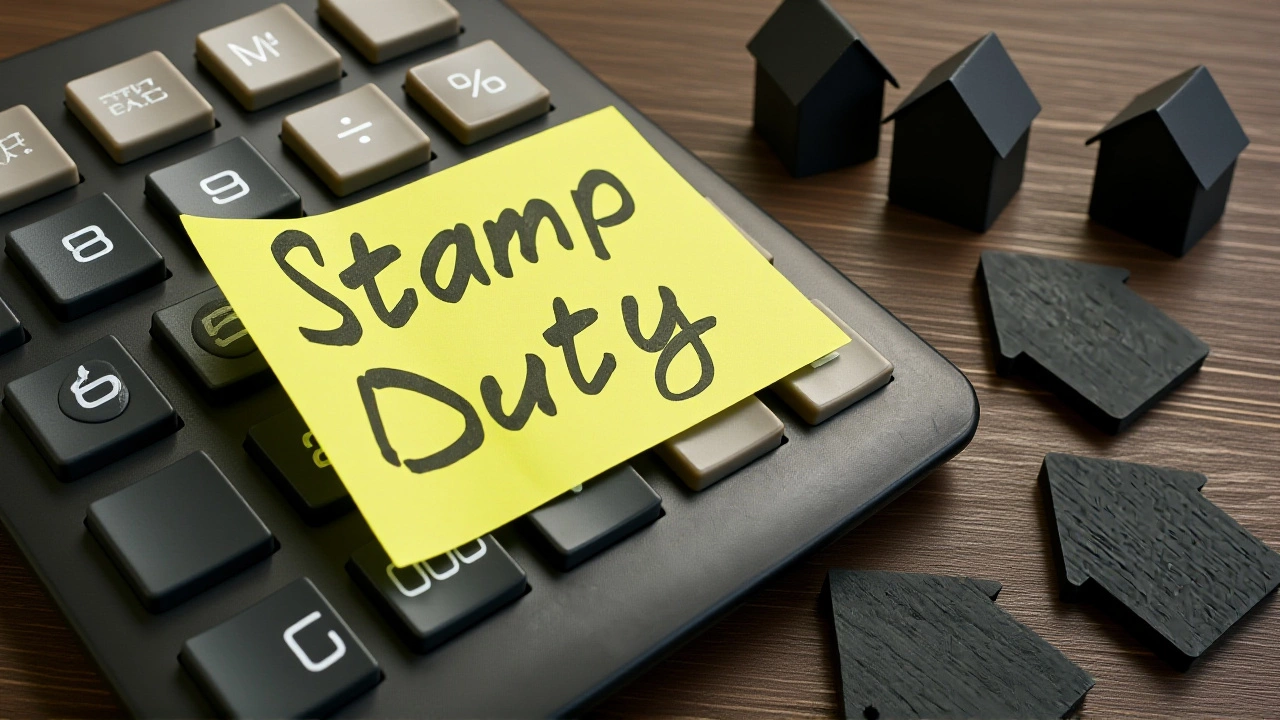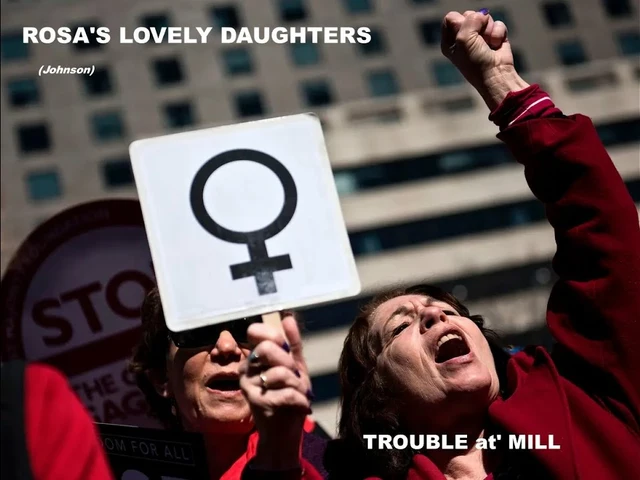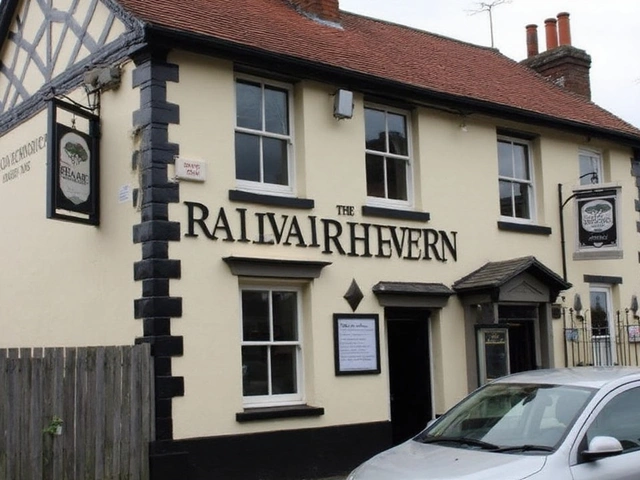Property Tax: What It Means for Homeowners and Communities
When navigating property tax, a recurring levy on land and buildings that funds local services such as roads, police and schools, real estate tax, the details can feel overwhelming. property tax is a core piece of local government finance, meaning the money you pay goes straight into the budget that keeps your neighbourhood running.
The entity that sets the amount is local government, the municipal authority responsible for collecting the levy and allocating the revenue. To figure out how much you owe, the council relies on a property assessment, an official valuation of your land and structures used as the basis for tax calculation. The tax rate, the percentage applied to the assessed value then determines the final bill. In simple terms, Property Tax → Local Government requires → Property Assessment to set → Tax Rate, which together create the levy.
Why It Matters Beyond the Bill
Every pound you pay supports public services. Schools rely on the revenue for teacher salaries, building maintenance and extracurricular programs, meaning property tax directly influences education quality. Police departments fund patrols, emergency response equipment and community outreach with the same money, linking tax dollars to safety on the streets. Road repairs, park upkeep, and even local libraries are part of the same budget.
Because the levy is tied to real‑estate values, changes in the housing market affect how much revenue a council can collect. When property prices climb, assessments rise, and tax bills can jump even if the rate stays flat. This feedback loop can impact mortgage affordability and buyer decisions, showing how property tax interacts with the broader real‑estate market.
Other public‑policy areas intersect as well. Pension schemes for local employees, such as firefighters and teachers, are funded in part by tax income, tying your payment to future retirement benefits. Licensing fees for businesses, like pubs or event venues, also feed into the same pool, illustrating how tax policy connects to licensing and public‑order concerns.
Understanding the mechanics helps you plan. If your council proposes a higher rate, you can request a reassessment if you think your property’s value is overstated. Some areas offer relief programs for seniors, veterans or low‑income households, showing that local governments can adjust the equation to meet community needs.
Below you’ll find a curated collection of articles that dive deeper into these topics—from real‑world case studies of tax‑rate changes to practical advice on appealing an assessment. Use them to see how the pieces fit together and to make more informed decisions about your own tax bill.





